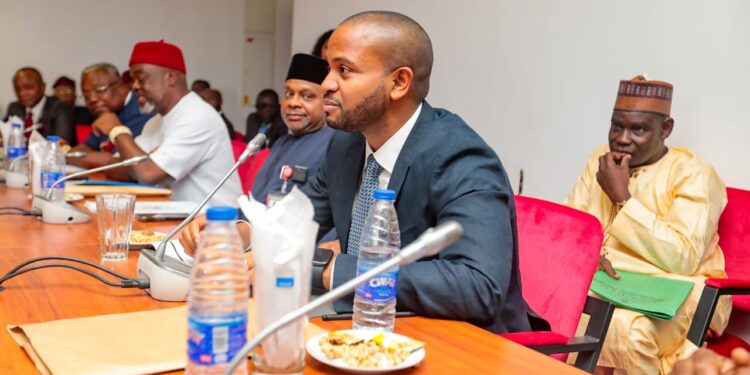The South-East Development Commission (SEDC) has set an ambitious target of growing the region’s economy to $200 billion by 2035.
Speaking at the commission’s inauguration in Abuja on Tuesday, Managing Director Mark Okoye said the plan aligns with President Bola Tinubu’s goal of achieving a $1 trillion GDP for Nigeria.
Okoye highlighted that Nigeria must invest between $100 billion and $150 billion annually for the next three decades to bridge its infrastructure gap, citing World Bank estimates. The SEDC, he said, aims to contribute $10 billion toward this effort.
He outlined the commission’s focus areas, including:reconstructing and rehabilitating critical infrastructure damaged during the Nigerian Civil War.
“Addressing the over 2,500 active erosion sites displacing communities,tackling unemployment and creating a more favourable investment climate,enhancing security to boost business confidence.”
Okoye also announced that the commission would build on the economic blueprint of Michael Okpara, the former Premier of Eastern Nigeria, to drive sustainable development.
To achieve its objectives, the SEDC plans to work closely with:state Governments to align interventions with local development priorities,private sector investors to drive job creation and economic growth,academia and research institutions for evidence-based policy decisions,traditional rulers and religious leaders to foster grassroots engagement.
The commission also aims to develop master plans for major infrastructure projects, support industrialisation, and enhance value chains in agriculture and technology.
Okoye assured that his team would remain transparent and accountable, promising that the commission would not pay “lip service” to development.
“In the coming months, we will embark on several projects and initiatives designed to accelerate the region’s growth,” he said, adding that an interactive website would soon be launched for public engagement.
He also urged supporters to tone down celebrations and congratulatory messages, emphasising that the commission’s focus must remain on delivering results.
“The expectations are enormous, and we must hit the ground running,” he stated.
With a current GDP of approximately $40 billion and a population of 21.9 million, Okoye expressed confidence that, through strategic partnerships and investments, the South-East could emerge as an economic powerhouse within a decade.











